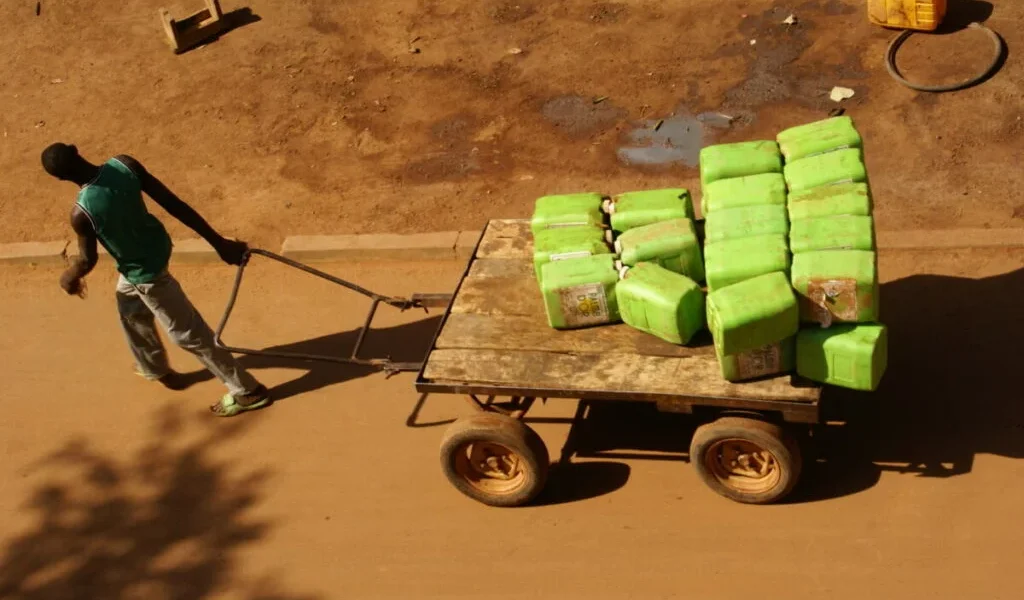IN hospitals across West Africa, patients like a 96-year-old woman in Niger lie tethered to IV drips, casualties of a blistering heatwave that has swept the region, attributed to fossil fuel-driven climate change.
The heatwave, described as the worst in living memory, struck in late March and early April, with temperatures exceeding 40°C (104°F) for days and nights. According to a report by World Weather Attribution (WWA) focusing on the Sahel region, the intensity of the heatwave was unprecedented, equating to a once-in-200-year event in Mali and Burkina Faso.
‘In a pre-industrial climate, we wouldn’t expect to see heat waves at this intensity at all,’ remarked WWA statistician Clair Barnes, highlighting the impact of industrial activities on global temperatures.
Despite limited data, WWA estimates that hundreds or possibly thousands of heat-related deaths occurred, underscoring the urgent need for global action to curb emissions. Barnes warned that without substantial reductions in fossil fuel emissions, such extreme heat events could become ten times more frequent.
‘It’s something that people are going to have to adapt to and learn to live with,’ Barnes emphasised.
In response to the escalating threat, WWA advocates for the formulation of heat action plans by countries to warn citizens of imminent extreme temperatures and offer guidance on mitigating overheating risks.
The plight of elderly individuals, like the woman in Niger, underscores the vulnerability of older populations, particularly in regions with limited access to cooling amenities. Doctor Andia Abdoul-Kader highlighted the challenges faced by older patients, stressing the need for substantial fluid replenishment to combat dehydration.
While specific data on excess deaths remains scarce, reports from hospitals in Mali, such as Gabriel Toure Hospital, indicate a surge in fatalities during the heatwave. Doctor Djibo Mahamane Django noted a stark increase in deaths likely linked to heat-related illnesses, indicating an exceptional situation compared to previous years.
The ongoing heatwave crisis serves as a stark reminder of the urgent need for global climate action to mitigate the adverse impacts of rising temperatures on vulnerable populations across West Africa.













